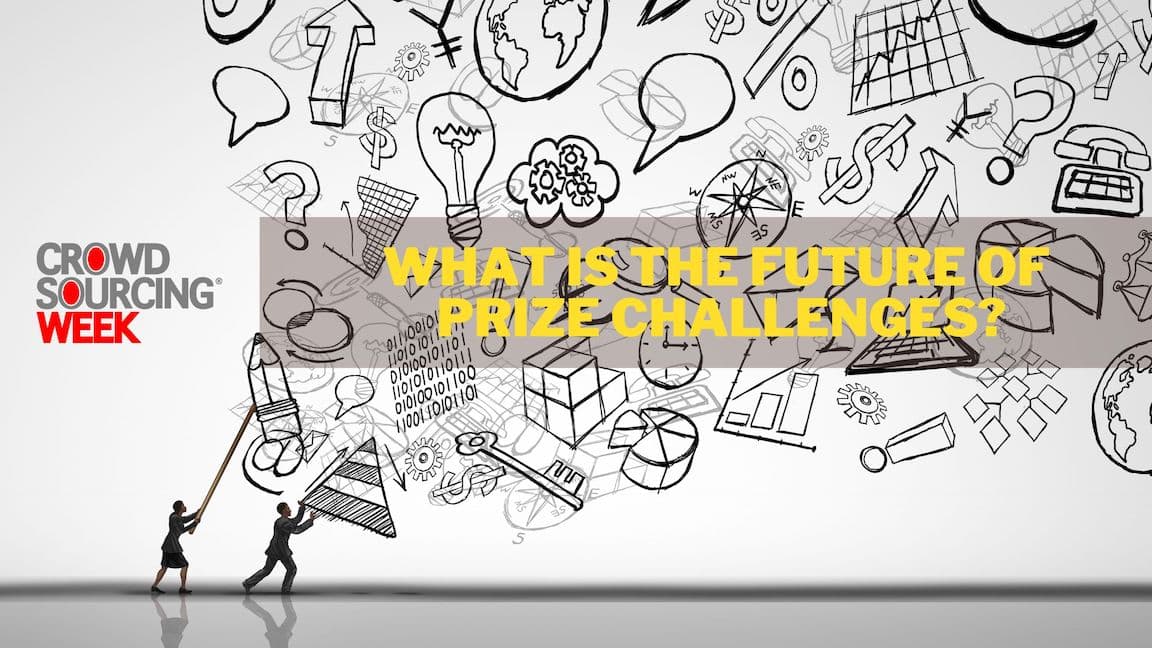Prize challenges have become increasingly popular as a way to spur innovation and solve complex problems in various industries, including technology, healthcare, environment, and social impact. In the future, organisations may use more data and analysis to design prize challenges that are better aligned with their goals and objectives, and to measure the impact of these challenges. The use of technology and artificial intelligence may also play a role in the design and implementation of prize challenges.
Moreover, organisations may also partner with each other to co-sponsor prize challenges that address shared challenges and opportunities. This will help to leverage the collective expertise and resources of multiple organisations to achieve a common goal. Overall, the future of prize challenges looks promising as they offer a cost-effective and efficient way to spur innovation, attract a diverse pool of participants, and drive progress towards important challenges.
Recent prize challenge examples
The goals of the $1 million Digital Learning Challenge were to modernise, accelerate, and improve the ways in which we identify effective learning tools and processes that improve learning outcomes. It was sponsored by The Institute of Education Sciences (IES), the independent and nonpartisan statistics, research, and evaluation arm of the U.S. Department of Education.
EXPERIMENT ON THE MOON: Lunar Payload Mission invites innovators from all over the world to submit ideas for experiments or tests that could be conducted on the Moon. It is sponsored by Orbital Space, whose mission is to make space accessible to everyone. The winning solution will actually be sent to the moon to conduct its experiments or tests. The target launch date is Q2 2025.
Through its Healthy Aging Start-Up Challenge, the U.S. National Institute on Aging (NIA) was seeking researchers and entrepreneurs with a demonstrated need and innovative ideas to increase the diversity of NIA-funded small business research and development of science-driven technologies and products. The prize was for challenge finalists to participate in a four-month entrepreneurial bootcamp, and ultimately compete for a $60,000 cash award.
These examples demonstrate how prize challenges can be used to address a wide range of challenges and opportunities, and draw in different types of participants, across various industries and sectors.
Platforms that deserve a mention
XPRIZE is one of the most well-known prize challenge platforms, offering a range of prize categories and support services to help organisations design and implement successful prize challenges.
HeroX is a platform that enables organisations to launch custom prize challenges, offering a range of tools and resources to support the design and implementation of the challenge.
Kaggle is a platform for data science and machine learning competitions, offering organisations the ability to host machine learning challenges and engage with a large and diverse community of data scientists and machine learning practitioners.
Topcoder is a platform for crowdsourcing and digital development, offering organisations the ability to host software development and design challenges, and engage with a community of skilled developers and designers.
Limitations of prize challenges that users should be aware of
Users of prize challenges should be aware of the following limitations:
- Lack of control over the process: Organisations may have limited control over the process of innovation that takes place during a prize challenge, which can make it difficult to align the outcomes of the challenge with their goals and objectives.
- Difficulty in measuring impact: Measuring the impact of prize challenges can be challenging, as it may be difficult to quantify the long-term benefits of the solutions developed during the challenge.
- Limited reach: Prize challenges may not reach the target audience, especially if the challenge is not well-publicised or if the target audience lacks access to the necessary resources and technology to participate.
- Competition focus: Prize challenges may incentivise participants to focus on winning the prize, rather than on developing solutions that have the greatest potential to address the underlying challenge.
- Intellectual property concerns: Unless agreed beforehand, participants in prize challenges may retain ownership of the intellectual property developed during the challenge. This can limit the ability of the sponsor to commercialise the solutions developed during the challenge.
- Cost: Running a prize challenge can be expensive, especially if the sponsor offers a large prize purse or provides support and resources to participants.
It’s important for organisations to carefully consider these limitations and to design prize challenges that minimise their impact, while maximising the potential benefits.




0 Comments